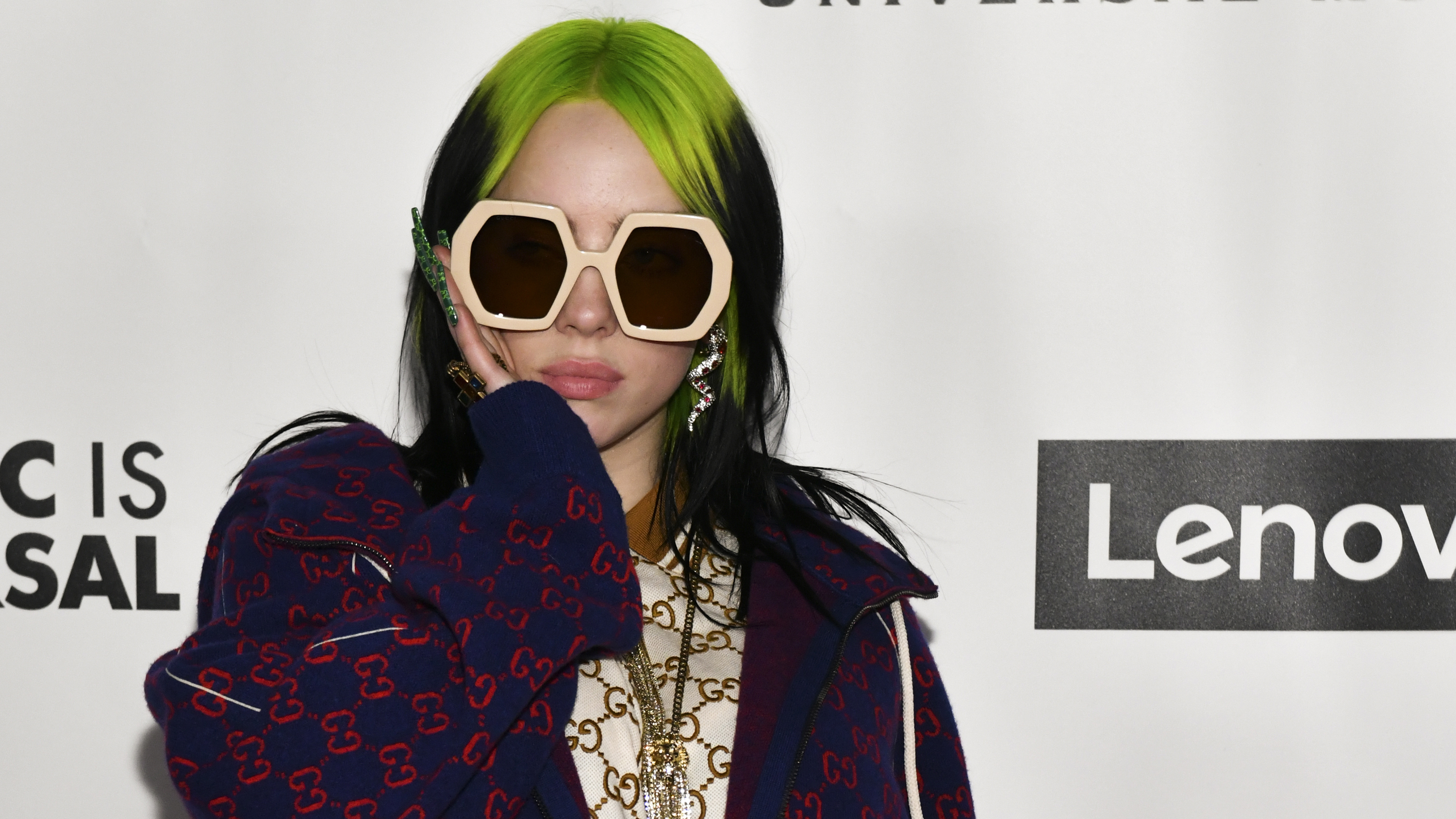Universal and Deezer launch new "artist-centric" streaming royalty model that rewards popular artists: "This is the most ambitious change to the economic model since the creation of music streaming"
The new model awards higher payouts to so-called 'professional artists' with an established fanbase

Want all the hottest music and gear news, reviews, deals, features and more, direct to your inbox? Sign up here.
You are now subscribed
Your newsletter sign-up was successful
Universal Music Group has announced the launch of a music streaming royalty model in partnership with streaming platform Deezer. The new "artist-centric" model is aimed at rewarding professional artists with established fanbases, deprioritizing non-musical "noise" content and tackling fraud.
Under the artist-centric model, Deezer will double the per-stream payouts for what they define as "professional artists", meaning those who generate 1000 or more streams a month from a minimum of 500 unique listeners.
An additional monetary bonus will be given to songs that fans actively search for, rather than those that are automatically played through playlists or digital radio. In the previous model, subscribers' fees were divided among all artists on the platform in proportion to the number of streams they generate.
Both of these policies seek to direct more money towards established artists that "drive valuable engagement" on Deezer and tackle the proliferation of "functional" music such as white noise that has begun to dominate streaming services in recent years. The platform plans to cease payouts for these tracks and replace them with its own versions of this content.
"The current music streaming model needs to be re-imagined", Universal said in a press release. "While streaming has been the most significant technology advancement in music in many years, a flood of uploads with no meaningful engagement, including non-artist noise content, has necessitated reassessment of the approach that platforms, labels, and artists take to foster a thriving music ecosystem."
“There is no other industry where all content is valued the same, and it should be obvious to everyone that the sound of rain or a washing machine is not as valuable as a song from your favorite artist,” the statement continues. It's unclear where this leaves artists who produce ambient music, a popular genre that often resembles the so-called "non-musical" content targeted by Universal and Deezer.
The artist-centric model aims to reward artists over bots and will see popular musicians receive a pay rise, but it may also disincentivize amateur artists trying to get a foot in the door early in their career. Whatever happens, it's clear that music streaming's economic model needs a dramatic rethink: research published by Goldman Sachs in July showed that revenue paid out per stream had fallen by 20% since 2017, despite the fact that the overall consumption of music streams had increased by 2.5 times over that period.
Want all the hottest music and gear news, reviews, deals, features and more, direct to your inbox? Sign up here.

I'm MusicRadar's Tech Editor, working across everything from product news and gear-focused features to artist interviews and tech tutorials. I love electronic music and I'm perpetually fascinated by the tools we use to make it.